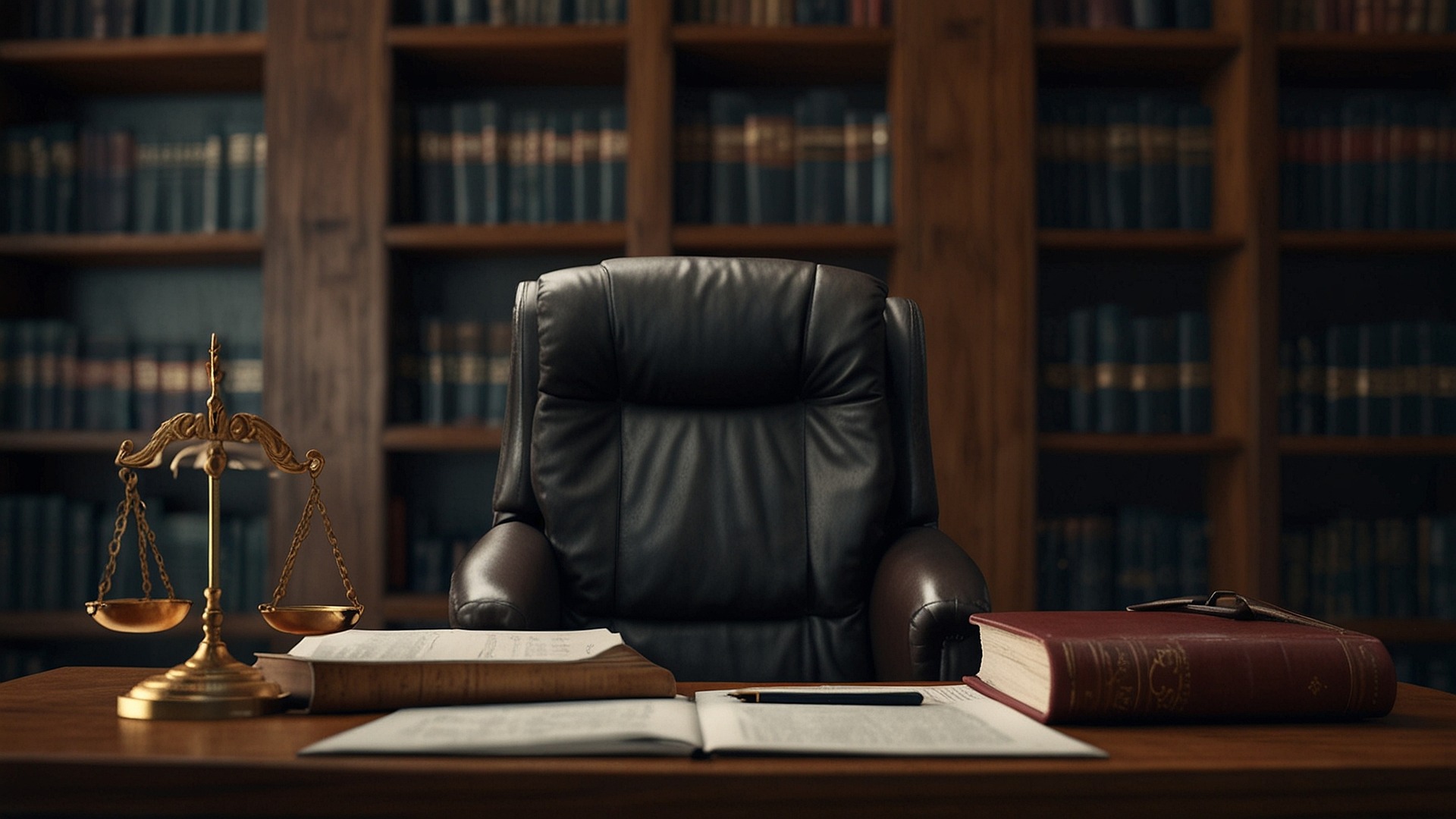Criminal Background Check: Purpose, Process, and Legal Considerations
A criminal background check is a routine review of public and private records to identify previous arrests, convictions, and other relevant criminal history. Organizations and individuals request these checks for many reasons, including screening job candidates, assessing volunteer suitability, verifying licenses, and evaluating safety risks. The scope and method of a background check vary by jurisdiction and purpose; understanding what these checks reveal and their limits helps manage expectations and comply with applicable rules.

What is a criminal background check?
A criminal background check collects information from multiple sources to determine whether an individual has a recorded criminal history. Typical data sources include county court records, state repositories, national criminal databases, and sex offender registries. Checks can return charges, convictions, dismissals, and ongoing cases, but availability depends on local reporting practices. The level of detail also varies: some searches focus on felony convictions, while others include misdemeanors and adjudications. Employers and landlords often rely on these reports, but they are only one factor among many when evaluating a person.
How does a background check work?
Background checks begin with identifying information such as name, date of birth, and sometimes Social Security number or fingerprints to reduce false matches. Search processes range from automated database queries to manual courthouse record reviews. Fingerprint-based checks typically access state and federal identification systems and provide more reliable matches than name-only searches. Turnaround times vary from minutes for instant database checks to days or weeks for fingerprint or court-archive reviews. Results should be verified against original court documents or official repositories, especially when decisions with significant consequences are being made.
Background checks in employment decisions
Employers use criminal background checks as part of hiring and retention decisions to assess workplace safety and liability. Many industries—healthcare, finance, education, and transportation—have regulatory requirements that mandate checks for certain roles. Employers must follow legal frameworks such as fair hiring laws, avoid discriminatory practices, and provide required disclosures when using consumer reports. When adverse actions are based on a report, procedures like providing a copy of the report and a chance to dispute inaccuracies are commonly required. Using checks proportionally and considering the nature and timing of offenses helps align screening with organizational needs and legal obligations.
Safety and privacy considerations
Background checks intersect with both safety goals and individual privacy. On one hand, checking for violent or sexual offenses can reduce risk in environments involving vulnerable populations. On the other hand, relying solely on criminal history can unfairly stigmatize individuals who have rehabilitated or whose records contain errors. Privacy concerns include data accuracy, how long records are retained, and who can access reports. Best practices include limiting searches to relevant records, verifying findings with primary sources, securing sensitive data, and following local rules about record sealing, expungement, or time limits for reporting certain offenses.
Legal rights and restrictions for checks
Legal rules governing criminal background checks vary by country, state, and locality, covering what can be checked, how results may be used, and notification requirements. Some jurisdictions restrict consideration of arrests that did not lead to conviction, or they prohibit questions about sealed or expunged records. In employment contexts, laws may require written consent before conducting a check and specific steps before taking adverse action based on a report. Individuals usually have the right to dispute inaccuracies and request corrections from reporting entities. Organizations conducting checks should consult applicable statutes and, if necessary, legal counsel to ensure compliance.
Conclusion
Criminal background checks are tools that provide a snapshot of recorded history, useful for assessing safety, verifying credentials, and meeting regulatory requirements. Their accuracy and fairness depend on careful selection of search methods, attention to privacy and legal limits, and appropriate interpretation of results. Understanding how checks are conducted, what they include, and the rights of the people being screened can help organizations balance legitimate safety concerns with respect for individual rights and rehabilitation.






